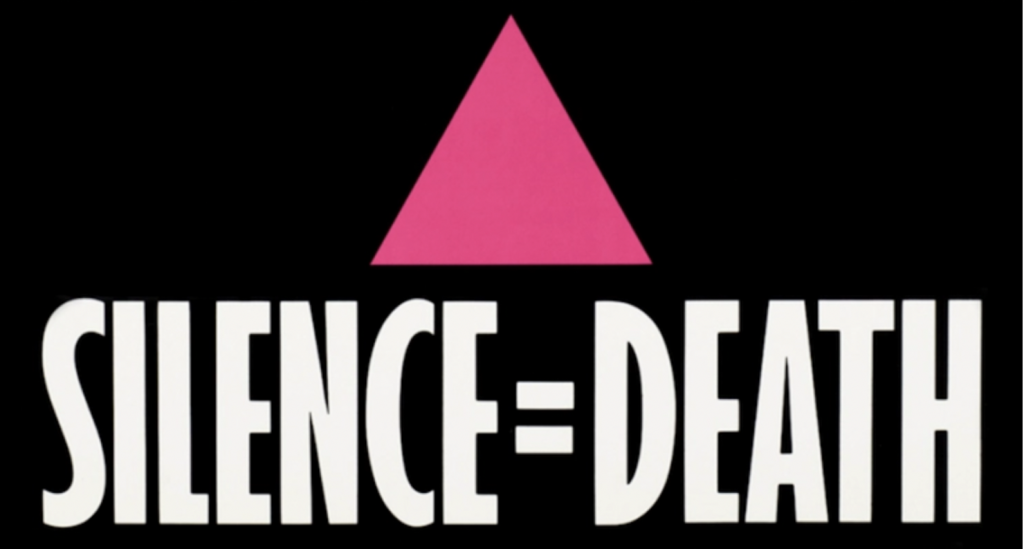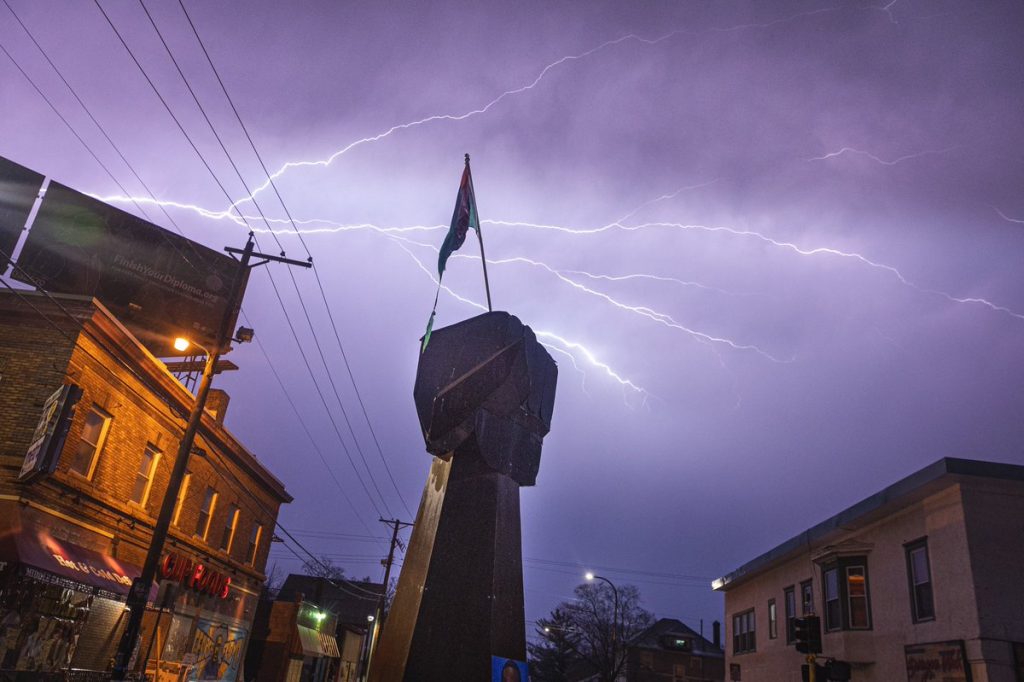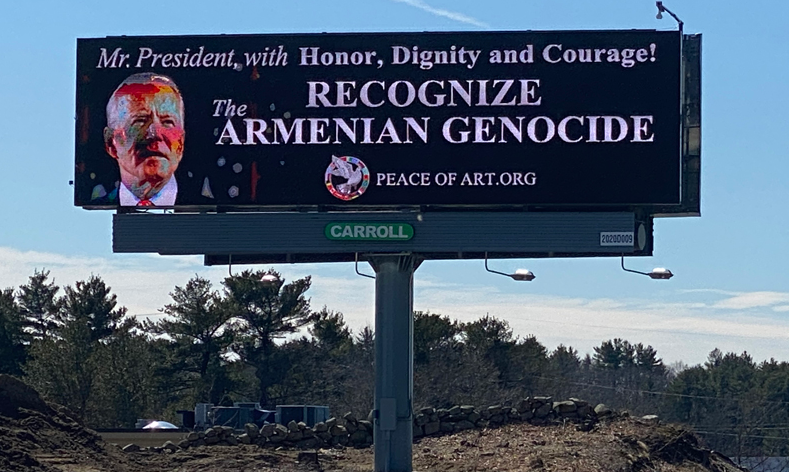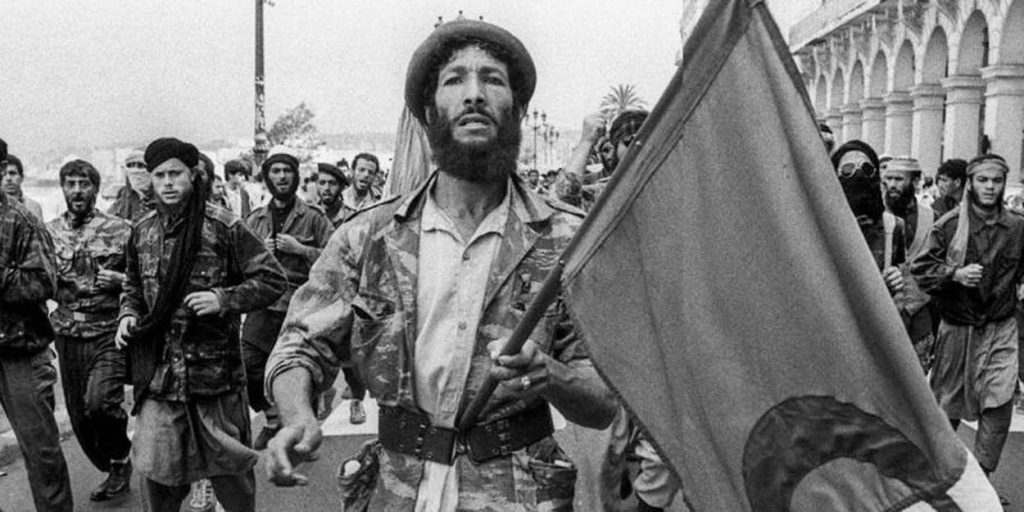*Editors Note: This piece was originally posted by MinnPost.
During Pride Month, the University of Minnesota Center for Holocaust and Genocide Studies grapples with the complicated legacy of remembering and memorializing LGBTQIA+ individuals, who for too long remained absent from collective memory of the Holocaust and other acts of genocide or mass violence. As I worked to compile resources for K-12 and university educators teaching about these topics, certain patterns became clear. It is true that homosexual men are the subjects of existing Holocaust historiography, as men engaging in homosexuality were sent to concentration camps in large numbers, and they faced incredibly brutal treatment during and after the Nazi period. However, Nazis’ strictly prescribed roles for gender and sexuality also meant that others fell victim to state violence and persecution and post-war, queerphobic, collective amnesia.




